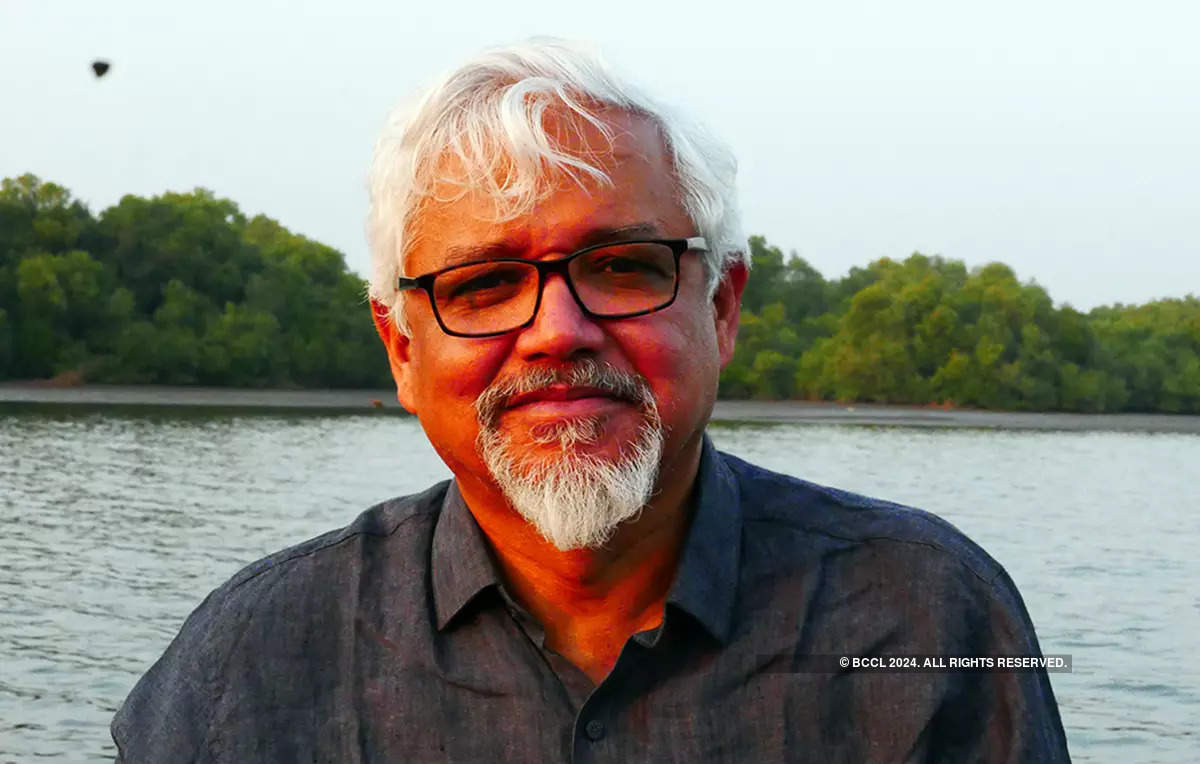
Midnight’s Children, Salman Rushdie
Published in 1981, Salman Rushdie’s ‘Midnight’s Children’ went on to win the Booker, Best of the Booker Prize and James Tait Memorial Prize. A loose allegory of events in 1947, with the protagonist born at the exact moment when India became an independent country, ‘Midnight’s Children’ became a landmark novel for its ability to weave the socio-political complexities of post-colonial India with magic realism intricately.
In This Pic : Salman Rushdie
Pic Courtesy : BCCL
Read More
The Immortals of Meluha, Amish Tripathi
When ‘The Immortals of Meluha’, Amish Tripathi's first novel, was published in 2010, it started a new trend in Indian writing – the mythological novel. It was the first in the Shiva Trilogy, with ‘The Secret of the Nagas’ and ‘The Oath of the Vayuputras’ following in 2011 and 2013.
In This Pic : Amish Tripathi
Pic Courtesy : BCCL
Read More
The Shadow Lines, Amitav Ghosh
The novel, published in 1988, is set against historical events like the Swadeshi Movement, World War II, Partition and communal riots of 1963-64 in Dhaka and Calcutta. The futility of border lines is presented through these events.
In This Pic : Amitav Ghosh
Pic Courtesy : BCCL
Read More
The Golden Gate & A Suitable Boy, Vikram Seth
Published in 1986, The Golden Gate made Vikram Seth a literary household name in India and the US. The novel, written in verse composed of 590 Onegin stanzas, was inspired by Charles Johnston’s translation of Pushkin’s ‘Eugene Onegin’. Seven years later, Seth came up with another blockbuster novel – A Suitable Boy – spanning 1,488 pages (paperback), making it one of the longest novels published in a single volume.
In This Pic : Vikram Seth
Pic Courtesy : BCCL
Read More
Inheritance of Loss, Kiran Desai
Her mother, Anita Desai, was a trailblazer, with novels like the iconic ‘Clear Light of Day’. When Kiran Desai went up to receive the Man Booker Prize in 2007 for ‘The Inheritance of Loss,’ she was – at 35 -- the youngest female author to be awarded this prize, creating literary history. Set in the mid-90s, the book was hailed by critics as a keen, richly descriptive analysis of globalisation, terrorism and immigration.

